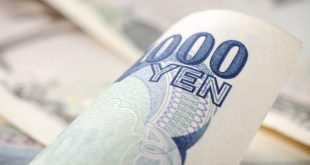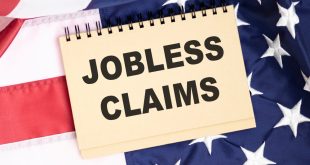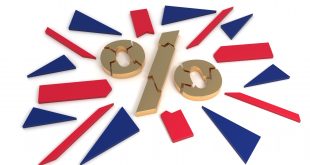The Reserve Bank of Australia is expected to decide an additional increase the national interest rate amid accelerating recession-linked concerns. The RBA will have July’s monetary policy meeting on Tuesday amid expectations of interest rate hike for the third successive time.
RBA policymakers indicated that a 0.25 or a 0.5 increase is on the table. Most probably, they will opt for 0.5 in order to bring the cash rate to 1.35 from 0.85. This logic is supported by the fact that the Australian economy is quite strong with unemployment down and the inflation rate at 5 per cent and still rising.
Policymakers, alternatively, could decide a 25 bps move, which could, in turn, negatively impact the Australian dollar, particularly as the market’s sentiment turned negative throughout the trading day. Traders and investors will also pay close attention to the RBA’s Statement, looking for hints on future monetary policy.
What the RBA is trying to signal that the central bank is really serious about getting inflation down and start to cool the demands of the economy as the economy continues to recover from the economic consequences of the Covid-19 as well as from the economic impact of the ongoing war in Ukraine as well as the impact of floods and the present energy crisis driving inflation rates up.
Eventually; the Australian economy will slow down faster than the Reserve Bank can keep up with because of ‘cost of living’ pressures and the vulnerability to high interest rates. But, some economists do warn that the risk with using the interest rate hiking instrument to combat rising inflation rates involves the probability of causing recession if cost of living happens to grow too high for Australian households to endure.
Real wages are falling because of the rise in prices for fuel, house rents, energy, natural gas, grocery items, etc. That is to say, prevalent or even public losing of purchasing power and when interest rate hikes are added, the impact on household budgets are actually obvious and noteworthy.
While the RBA is committed to bringing inflation down it does not want to bring on a recession, because if it does, inflation will collapse and the nation could slide back to pandemic-level inflation.

 Noor Trends News, Technical Analysis, Educational Tools and Recommendations
Noor Trends News, Technical Analysis, Educational Tools and Recommendations




